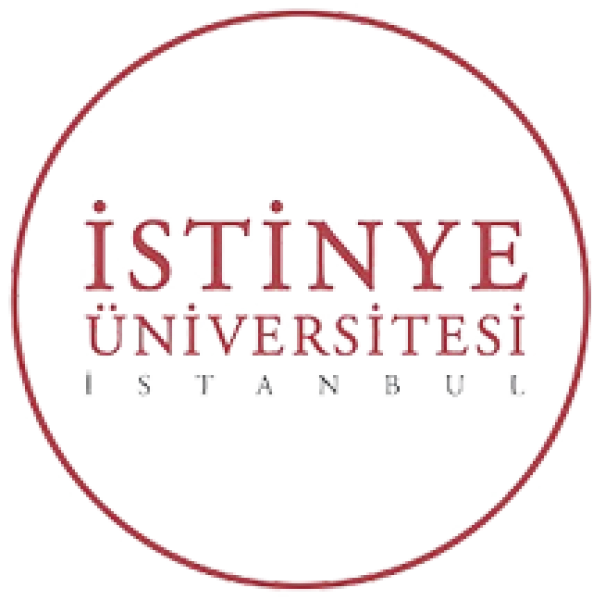College: Graduate Programs Institute
This specialization focuses on the molecular mechanisms underlying the development, progression, and treatment of cancer. Students explore key areas such as cancer biology, molecular genetics, genomics, proteomics, and pharmacology. The program emphasizes laboratory techniques, research methodologies, and understanding clinical applications. Graduates are prepared for careers in cancer research, drug development, clinical trials, and related fields.
Learning Objectives:
- Understand the fundamentals of cancer biology and molecular oncology.
- Develop skills in molecular genetics, genomics, and proteomics.
- Learn techniques for studying cancer mechanisms and developing targeted therapies.
- Explore the principles of pharmacology and drug development in oncology.
- Understand the role of clinical trials and translational research in cancer treatment.
- Analyze challenges and opportunities in cancer research and treatment.
- Develop teamwork and problem-solving skills for oncology research projects.
Main Outline:
- Introduction to Molecular Oncology
- Overview of cancer biology, molecular mechanisms, and current research trends.
- Fundamentals of cancer initiation, progression, and metastasis.
- Cancer Biology
- Principles of cancer biology, including cellular and molecular changes in cancer cells.
- Techniques for studying cancer cell biology and tumor environment.
- Molecular Genetics and Genomics
- Basics of molecular genetics and genomics in cancer research.
- Techniques of genetic analysis, sequencing, and bioinformatics.
- Proteomics in Cancer Research
- Principles of proteomics and applications in cancer research.
- Protein analysis techniques, mass spectrometry, and functional proteomics analysis.
- Cancer Pharmacology
- Basics of cancer pharmacology, including drug targets, mechanisms of action, and resistance.
- Techniques for developing and testing anti-cancer drugs.
- Clinical Trials and Translational Research
- Principles of clinical trials and translational research in oncology.
- Techniques for designing, conducting, and analyzing clinical trials.
- Epigenetics in Cancer
- Basics of epigenetics and its role in cancer development and progression.
- Techniques for studying epigenetic modifications and their therapeutic implications.
- Research Methods in Molecular Oncology
- Principles of research methods in molecular oncology, including experimental design, data collection, and analysis.
- Techniques for conducting and evaluating cancer research.
- Practical Training in Molecular Oncology
- Real-world laboratory and research experiences, including observations, internships, and practical projects.
- Techniques to apply acquired skills in practical research settings in oncology.
- Capstone Project in Molecular Oncology
- A comprehensive project to apply learned skills in cancer research, drug development, or clinical trials.
- Techniques for presenting an innovative and exemplary research project in oncology.
Assessment Methods:
- Projects in cancer biology, molecular genetics analyses, genomics research papers, proteomics studies, pharmacology reports, clinical trials designs, epigenetics research, methodology papers, practical training reports, capstone projects, group projects, and internships.
Recommended Textbooks:
- "Cancer Biology" by Robert A. Weinberg.
- "The Molecular Biology of Cancer: Mechanisms, Targets, and Therapeutics" by George Klein.
- "Cancer Genomics: From Bench to Bedside" by William Pao and Harold Varmus.
- "Proteomics in Cancer Research" by Emmanuel Petricoin et al.
- "Cancer Pharmacology" by Beverly A. Teicher.
Prerequisites:
Basic knowledge of biology, chemistry, and molecular biology. Suitable for students interested in cancer research, drug development, and clinical trials.
Duration:
Typically 4 years for a bachelor’s degree, including coursework, projects, practical training, and internships. Advanced degrees may require additional years.
Certification:
Graduates may earn a degree in molecular oncology and pursue specialization or professional certifications in cancer research, drug development, or clinical trials.
Target Audience:
Aspiring cancer researchers, drug developers, clinical trials specialists, and professionals seeking specialization in molecular oncology. This specialization provides students with the molecular, research, and practical skills necessary to excel in molecular oncology, supporting advancements in cancer research and drug development and treatment.

